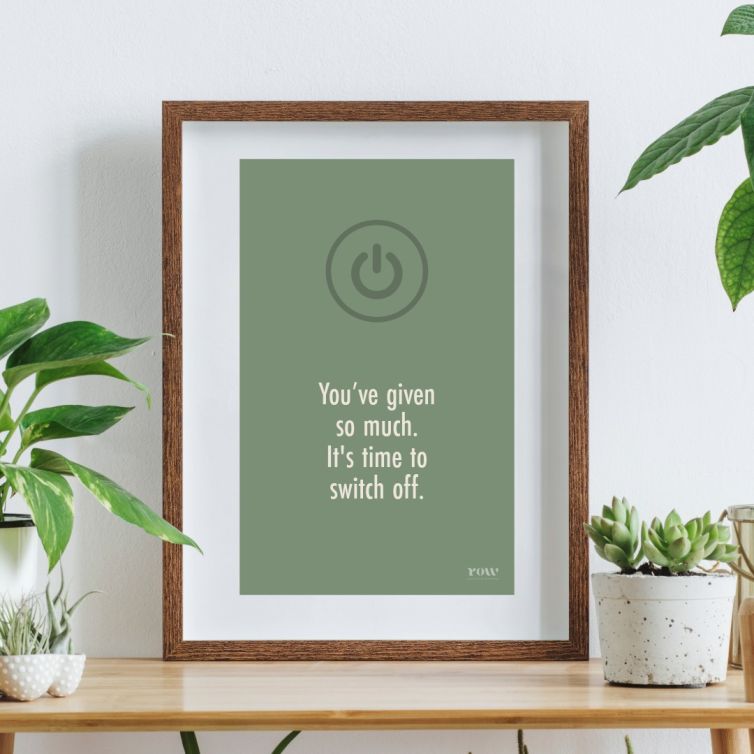Societal pressures can fuel feelings of inadequacy and exhaustion, especially in a world that often ties success to being constantly productive. In this article, author and body image coach Emma Wright dives into the tricky relationship women have with failure and burnout.
Thanks to our cultural obsession with beauty – and the incredible commercial opportunities it presents – research shows women who are slim, fit, youthful and healthy are often seen as more valuable in the workforce. It’s a vicious cycle that most of us are familiar with, right? The more we market beauty products to women, the more society values beauty.
So, what does that have to do with burnout?
Cultural standards are slowly changing in positive ways. Fat activism has started a conversation about embracing body size, and social influencers who reject social beauty standards are gaining small but solid ground.
Even so, old underlying themes from diet mentality live on. Women’s relationship to failure is one of them. Thanks to diet culture, women are so used to hitching their sense of success to external factors – thinness, attractiveness, and looking healthy – we almost don’t notice it’s happening.
We are told by the diet industry and then other parts of the health and wellness industry that size and wellbeing are almost exclusively outcomes of personal behaviour.
And the success of those things is binary. You are either losing weight and being successful, or gaining weight and failing. You are eating good or bad food. Thin is morally superior and fat is morally inferior. Failure is met with judgment, criticism, and rebuke.
Assumptions about worthiness are then piled on. Failure means you don’t care about your health. You’re doing it wrong. You are lazy. Your personhood is inextricably linked to your successes and failures.
What is black-and-white thinking?
Black-and-white thinking, or all-or-nothing thinking, is when we see things in extremes – everything is either all good or all bad, with no in-between.
This pattern often develops in childhood but can persist into adulthood. It can stem from stress, anxiety, or trauma, making it feel safer to simplify complex situations. Cultural influences and mental health conditions like depression can also reinforce this mindset.
Recognising black-and-white thinking is essential for shifting towards a more balanced perspective.
This binary, black-and-white thinking about failure is often so ingrained that it gets brought to work. If a project doesn’t succeed, women are particularly hard on themselves. The failure of the project translates to them being a failure as a person. It can feel like their value as a human being is on the line. They judge themselves harshly and feel judged harshly.
Plus, the further a woman is from the beauty ideal, the more dramatic this experience is likely to be. This underlying level of pressure is stressful and can directly contribute to burnout.
It’s important to know these beliefs about failure and worth are not true. Your value is not tied to your weight or how hard you try to stay well. And when a project doesn’t succeed, it is normally the result of many things – not just one person.
So what can we do?
- Create awareness for ourselves and for those we manage. Take a few minutes to write down all the thoughts you have about what success and failure mean to you, what it means about you and what it means about your staff. What is your organisation’s approach to failure? Ask yourself how safe you and your staff feel to fail? How safe is it for the women in your team to fail vs the men in your team?
- Have compassion for ourselves and others. It’s understandable that many women feel worthiness is based on successes and are scared of failure – personally or as a manager.
- Redefine your relationship with failure. If you uncover an unhelpful relationship with failure, ask yourself what you want your relationship to failure to look like. Do you want to be able to give it everything you have and then learn from your mistakes? Do you want to be creative and try things out? Do you want to be valued for your external successes or who you are as a person? When you know what you want, see if there are changes you can make to the way you approach your work.
If you have been a chronic dieter and are caught in black and white thinking about yourself and your relationship to success and failure at work and would like freedom from that, Emma Wright’s Women, Power and Wellbeing coaching program is a great place to start.









